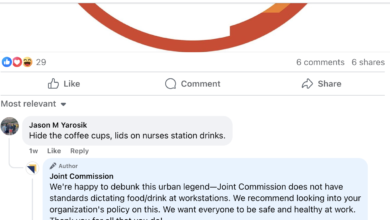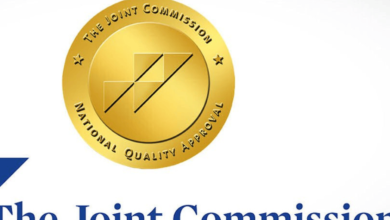Nurses warn of ‘catastrophic’ Northern Ireland paediatric waiting times

Nurses have warned that paediatric waiting lists in Northern Ireland are “nothing short of a catastrophe”, as a report reveals the number of children waiting for an outpatient appointment has increased by almost 200% in six years.
A watershed report, published last week by the Royal College of Paediatrics and Child Health (RCPCH) Ireland, revealed the scale of the rise in waiting times for children and young people in the country.
“Children across Northern Ireland are being exposed to unacceptable levels of risk by not getting timely treatment and care”
Rita Devlin
In June 2016, the total number of children on an outpatient waiting list was 8,170, which rose to 22,272 by June 2023 – an increase of 173%. The 2023 figure represents a 22.5% increase in just one year.
The report also highlighted the number of children and young people waiting over a year for treatment.
There were 578 ongoing waits over 52 weeks in June 2016, which jumped to 6,326 in June 2023 – a 994% increase.
When looking at waits over 52 weeks in one year alone, there was a 33% increase between June 2022 and June 2023.
Outpatient data shows that, in Northern Ireland, paediatrics was the second worst department in terms the biggest increases to waiting lists (15.2%), second only to gynaecology.
RCPCH Ireland warned that the consequences of such long waiting times were having a detrimental impact on children.
Notably, many treatments and interventions must be administered within a specific age or developmental stage, which means the effects of the delays can be even more damaging.
The RCPCH has this year published similar reports in both Wales and Scotland, which have also noted extremely long waits for children.
However, Northern Ireland trumps all the UK nations in terms of having the longest paediatric waiting times.
Dr Ray Nethercott, RCPCH officer for Ireland, said: “Not only are these out of control numbers unsustainable, but they also represent a failure to prioritise children’s health.
“We have seen exceptionally long waits in Scotland and Wales also, not to the same extent as Northern Ireland.
“As a paediatrician, I am deeply frustrated to see Northern Irish children bearing the greatest burden when accessing health services.”
The report put forward three key policy recommendations to ensure that children and young people in Northern Ireland received care in a timely manner.
There should be a “whole child” approach to service configuration, starting with a full review of the child health system to ensure that health and social care reform is based on need, it said.
Young people told the RCPCH that they wanted to be able to “see a nurse first” when they had a problem, and also called for regular access to check-ups at the GP, noted the report.
The second recommendation was around workforce and the need to develop a child health workforce strategy.
The report called for this strategy to be based on independently verified projections of workforce supply and demand, and should cover the next five, 10 and 20 years.
Latest Northern Ireland health and social care active recruitment statistics showed that there were currently 72 paediatric nurse vacancies and three paediatric consultant vacancies.
Young people told the RCPCH that there needed to be more health visitors, school nurses and midwives to support them with their health.
The last recommendation made by the report was around the need to improve and enhance the collection of child health data in Northern Ireland.
In response, the Royal College of Nursing director for Northern Ireland, Rita Devlin, said the findings were “truly shocking”.
She said: “Children across Northern Ireland are being exposed to unacceptable levels of risk by not getting timely treatment and care.
“We are in complete agreement with our medical colleagues that this is nothing short of a catastrophe,” she said.
Ms Devlin said that the data revealed in the report reflected the experiences of nurses working with children in Northern Ireland.
She added: “We believe that further investment in specialist areas of nursing would at least alleviate some of the pressures being experienced.
“Our lengthy waiting lists have become normalised to the people of Northern Ireland and what this report outlines is exactly why we need to resist accepting the unacceptable.
“Otherwise, we will be letting a whole generation of children down who will be suffering the consequences for years to come,” she said.







